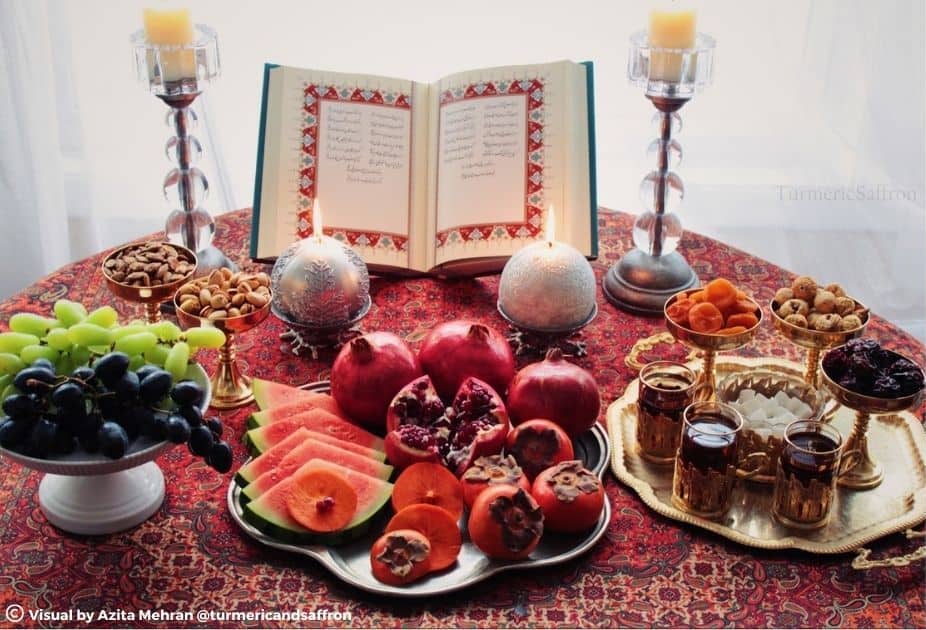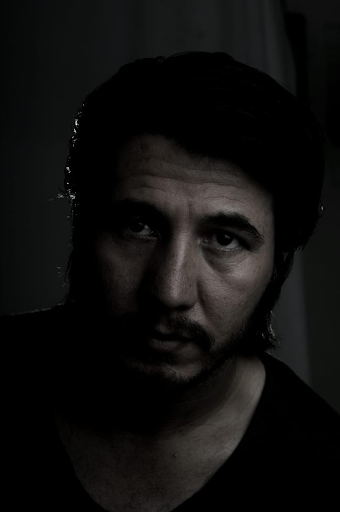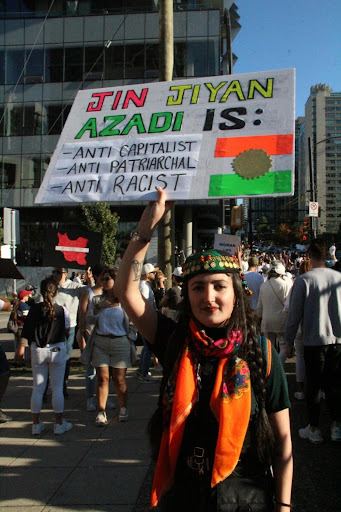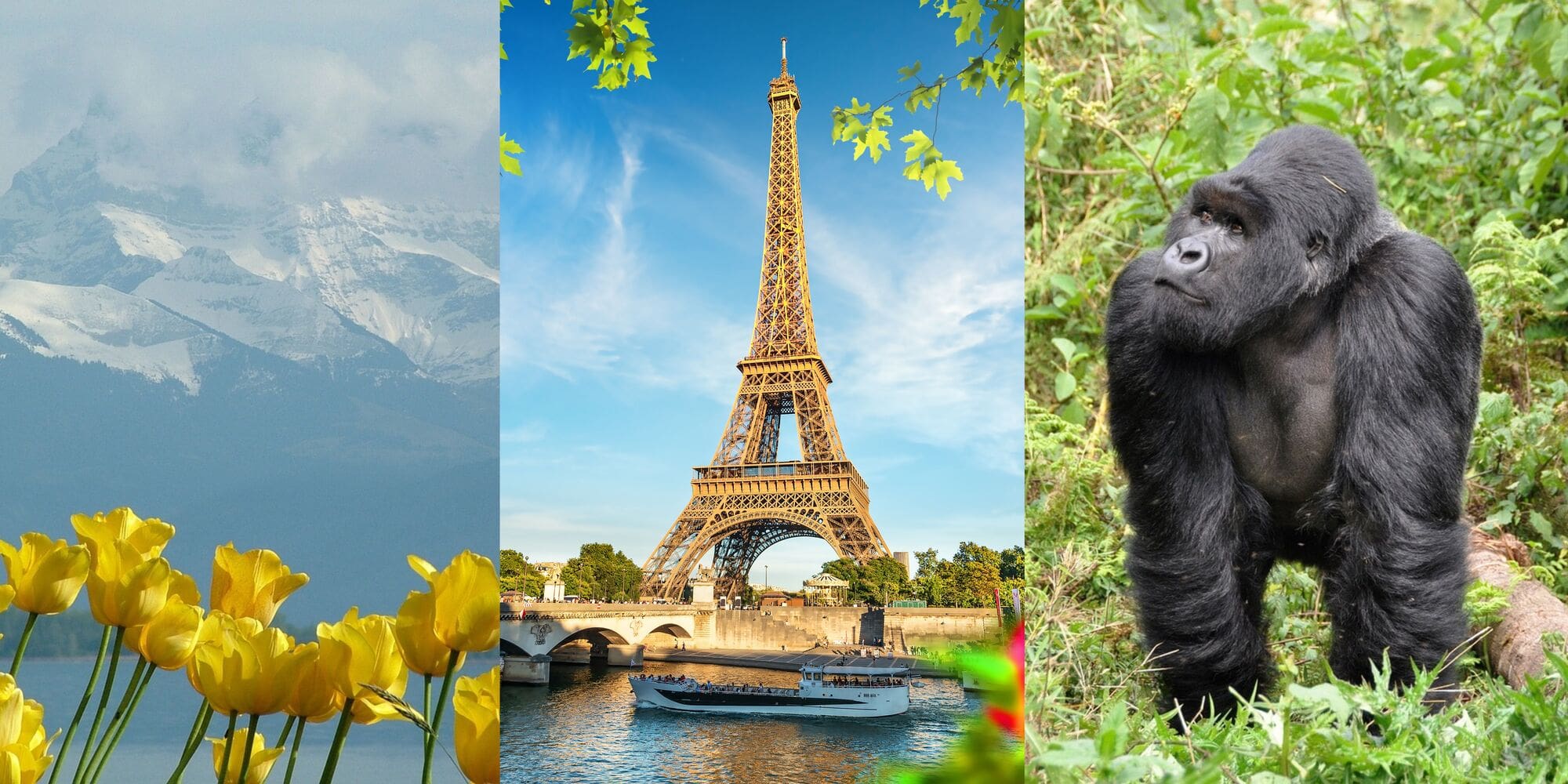
Courage In The Impossible: Gaza’s Poets Speak
Amidst Gaza’s turmoil, poets’ voices resonate. Explore Palestinian poetry’s power and resilience.


Blog contributor: Sayed, NaTakallam Persian Language Partner
Shabe Yalda; a night of welcoming. A night of love, light, and rebirth of the sun. The night of Hafez and Bidel (Persian poets) and lovers in the hope of a bright sunrise and longer days to come.
Shabe Yalda (شب یلدا), or the Night of Yalda, is a Persian festival celebrated on the longest and darkest night of the year in the Northern Hemisphere i.e., the night of the winter solstice. It is one of the most important ancient Persian traditions which is still practiced today, falling on either the 20th or the 21st of December. This festival is also called “Shabe Chelleh” (شب چله), or the Night of the Forty, because it marks the beginning of the first forty days of winter, believed to be the coldest and toughest days of the year.
According to the Persian calendar*, this festival is celebrated from sunset on the 30th day of the month of Azar (the 9th month of the Persian calendar and the last day of autumn) till sunrise on the 1st day of the month of Dey (the 10th month and the first day of winter). Shabe Yalda brings together family and friends to pass the longest and darkest night of the year in good company and cheer, and celebrate the “rebirth of the sun” the following day, known as “Khurram ruz” (the day of the sun). The festival has particular significance for rural communities that depend on agriculture and animal husbandry.
The word “yalda” (یلدا) comes from the Syriac word yēled (ܝܠܕ), meaning “birth”. However, it is likely that the festivities themselves were adopted by ancient Persians (of Zoroastrian faith) from the annual celebration of the ‘renewal of the Sun’ of the ancient Babylonians and Egyptians.

Today, Iranian, Afghan, Tajik, Kurdish, and Azeri communities come together with family and friends to celebrate Shabe Yalda. They gather, usually at the home of grandparents or elderly relatives, to spend the night waiting for the sun to rise with legends, stories, and riddles. They recite verses from the Shahnameh (the epic Book of Kings by Ferdowsi, and the longest poem ever written by a single author) and intone poems from Divan-e Hafez**, accompanied by musical instruments, singing, and delicacies such as – watermelon, persimmon, pomegranate, and “ajil” ( آجیل), a colorful mix of dried fruits, nuts, and seeds.
According to an old Persian belief, sunrise the following day would break the back of darkness, and with its radiance, remove darkness from people’s lives.
As Persians say… Shabe Yalda Mobarak, شب یلدا مبارک – Happy Yalda Night!
Fascinated by Persian traditions, language, and poetry? Get more insight into the culture with NaTakallam’s native instructors! Sign up here, today.
*Fun fact: Did you know the Persian calendar is based on astronomical observations and is considered one of the closest to a perfect calendar according to this and this source? (The months are also aligned with the star signs!)
**Reciting poems from Divan-e Hafez is a special tradition on this night. Each member, in turn, makes a secret wish or poses a secret question (in their heart), and opens a random page in the book, in which the elder member of the family, or best reciter/interpreter, reads the selected poem out loud. It is believed that the randomly selected poem is a response, guidance or direction to the secret wish or question. It is fun to guess the secret wishes of others when in groups, as well!

This piece was contributed by Sayed, our Persian Language Partner, based in Indonesia.
Sayed Mohammad Nabi was born in Afghanistan right after the Soviet withdrawal but has lived as a refugee in Iran and currently resides in Indonesia. He studied French language and literature at Kabul University and has a background in translation and interpretation. In his free time, he enjoys poetry, photography, and hiking. He’s been working with NaTakallam since 2020.
Reimagine your language journey with NaTakallam.
Try a session in Arabic, Armenian, English, French, Kurdish, Persian or Spanish.
Languages open doors and minds. Discover new worlds.
Learn Arabic, Armenian, English, French, Kurdish, Persian or Spanish.
Deep dive into a language, packed with culture. Personalized to you.
Choose from Arabic, Armenian, English, French, Kurdish, Persian or Spanish.
Deep dive into a language, packed with culture. Personalized to you.
Choose from Arabic, Armenian, English, French, Kurdish, Persian or Spanish.
You might also LiKe

Amidst Gaza’s turmoil, poets’ voices resonate. Explore Palestinian poetry’s power and resilience.

Since the start of the ongoing Mahsa Amini Protests, we’ve heard the slogan “Woman, Life, Freedom” travel around the world. In Persian this is “zan, zendegî, âzâdî” (زن, زندگی, آزادی), but the slogan originates in the Kurdish language and the Kurdish struggle for autonomy.

A smattering of French slang from around the world! Learn more expressions like this with NaTakallam’s native speaking tutors.

Spanish is one of the fastest growing foreign languages in the world. Get access to the Spanish business world with our native tutors – tailored to your needs.
Improve your proficiency in Farsi or Dari & contextualize your learning with cultural insights from our native tutors. Language & culture go hand-in-hand at NaTakallam.
Looking to do business with Kurdish businesses? Learn with NaTakallam’s native speakers & reach new language (& business) goals – tailored to your professional needs.
Gain an edge with contextualized French learning by native tutors from displaced backgrounds. Flexible, with cultural & business insights, tailored to your needs.
Choose from Eastern Armenian or Western Armenian. Get quality teaching & unique insights from native tutors. Gain an edge with Armenian language skills.
Offer your team a smoother integration or transition with our customized English lessons delivered by bilingual tutors with extensive English instruction experience.
Choose from Modern Standard Arabic or any of our 7+ dialects offered by native tutors across the region. Take your proficiency to the next level & connect with the Arab business world.